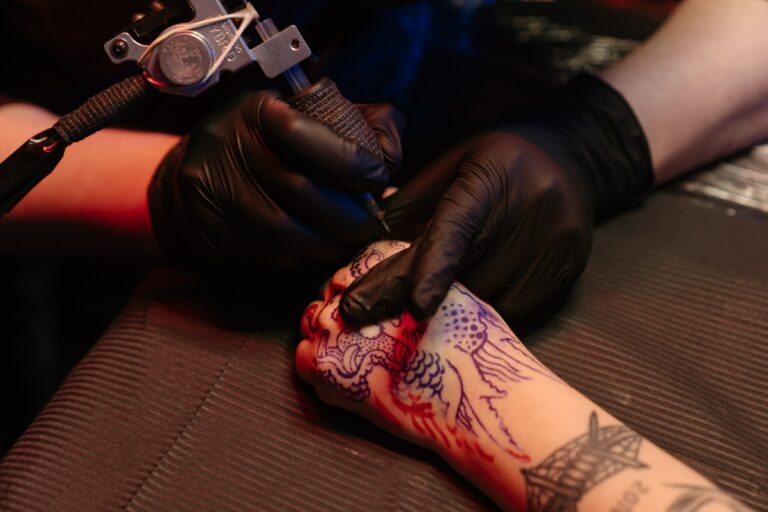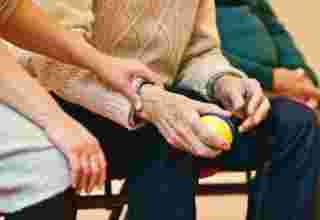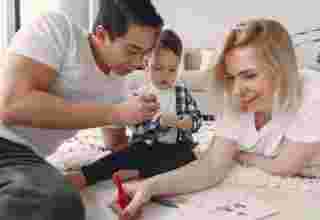
Brits have become more spontaneous following lockdown, with getting a tattoo, a drastic haircut and moving house among the things people have done on a whim.
A study of 2,000 adults found 22 per cent are ready to inject a sense of adventure into their life after nearly a year and a half of restrictions.
As a result, the average adult makes at least one impulsive decision a week, with buying new clothes (49 per cent), deciding to eat out (49 per cent) and donating to charity (31 per cent) at the top of the list.
Others have spontaneously decided to book a holiday, go on a date or even quit their job.
But the study found 18-24 year olds act spontaneously six times a month – more than any other age group.
The study was commissioned by Mentos, which teamed up with social media personality, Chunkz, to talk to Gen Z’s about what they’ll be saying ‘yes’ to this summer – from travelling to bungee jumping and even skinny dipping.
Reasons for being spontaneous include believing life is too short (40 per cent), to improve one’s mood (36 per cent) and to forget about other distractions or thoughts (25 per cent).
But the research also found the pandemic has made people more spontaneous with their social life, with a fifth now more open to making last minute plans.
And almost half are now likely to say ‘yes’ to events which are arranged on the same day as they are happening.
Nearly a third are simply keen to make up for lost time with friends and family, while a fifth claimed to prefer spontaneous activities over those that are planned.
Kim McMahon, product manager for Mentos Gum said: “It’s great to see how excited and willing to try new opportunities people are.
“After more than a year of restrictions it’s clear we’re keen to awaken our minds, escape our everyday routines and try new experiences that come our way.”
The study also found a third believe it’s important to live each day as it’s your last and 22 per cent admitted the pandemic has made them regret saying ‘no’ to plans in the past.
Being spontaneous also makes people feel excited (38 per cent), happy (34 per cent) and carefree (26 per cent).
But while 50 per cent are comfortable with trying new opportunities, 43 per cent would be more encouraged to do so if they knew something was a once in a lifetime offer.
The under 25’s age group are the most confident at trying new opportunities (69 per cent) and also prefer spontaneous to planned activities more than any other generation (47 per cent).
A further 37 per cent of adults feel the need to be spontaneous when the sun is shining, while 19 per cent said being home alone leaves them itching to do something on a whim.
[youtube https://www.youtube.com/watch?v=zJJ0D_iXbsk?feature=oembed&w=1200&h=675]
It also emerged a fifth of those polled via OnePoll admitted they have developed a new outlook during the pandemic and 31 per cent have realised how short life is.
Kim added: “As more people, particularly across the younger generations are even more excited to dive into the unknown this summer, we’re all feeling this fresh energy that is embodied in our new fruity flavours.
“People want to make the most of things that come their way when perhaps previously they would have preferred to plan ahead – the pandemic has made us realise we can’t plan for everything, so should take each opportunity we’re given in life.”
Top things Brits have done spontaneously:
1. Bought new clothes
2. Eaten out
3. Donated to charity
4. Gone on a night out
5. Booked a holiday
6. Bought new furniture/homewares
7. Gone on a date
8. Got a drastic hair cut/colour
9. Quit my job
10. Bought a big TV
11. Bought a pet
12. Bought a car
13. Gone to a theme park
14. Got a tattoo
15. Bought/sold a house




















